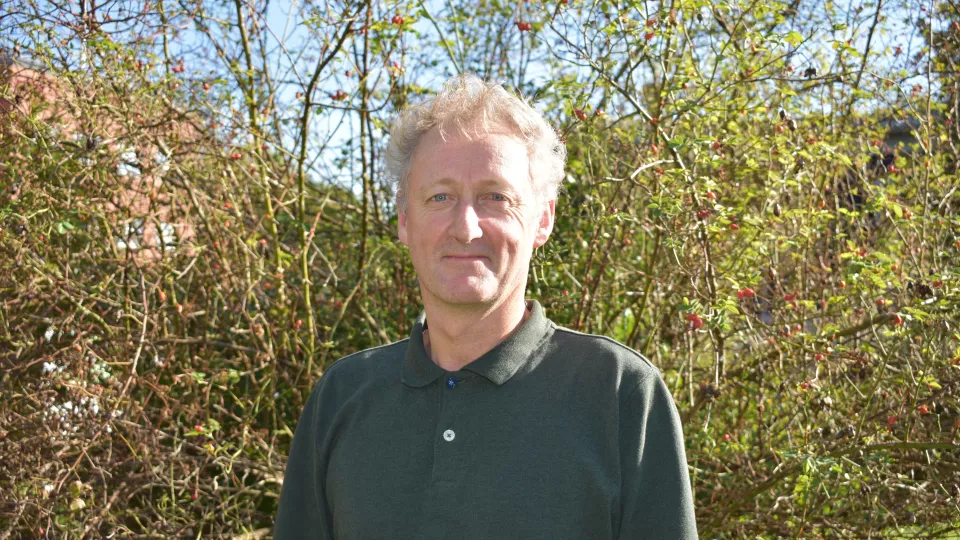Mark Brady from the CEC has given a plenary talk called What role might economics play with soil science for achieving soil security? at the Soil Security and Planetary Health Conference at The University of Sydney in Australia.
Soil security refers to the maintenance and improvement of the world’s soil resource to produce food, fibre and fresh water, while also contributing to energy and climate stability, maintaining biodiversity and protecting natural systems and human wellbeing more generally. Planetary health is about safeguarding the health and wellbeing of current and future generations through good stewardship of Earth’s natural systems, and by re-thinking the way we feed, move, produce houses and power, and care for the world.
“Especially interesting at this conference was a session hosted by an Australian farmer who has developed resilient farming systems through what we would call ecological intensification. By for instance building up soil carbon levels using practices such as cover cropping and limited tillage they are restoring indigenous soil microbial populations that in turn generate higher levels of ecosystem services such as water holding capacity and nutrient retention, but also carbon sequestration and improved water quality that are of broader benefit to society”, says Mark Brady.
“Although operating under harsher climatic conditions than Swedish farmers, I believe there are some valuable lessons that can be learnt for mitigating and adapting to climate change even in Sweden, when considering the recent drought and things to come. The conference has provided encouragement for our own endeavours to identify agricultural practices that are good for both agricultural production and environmental quality. It is definitely possible”, Mark Brady concludes.
